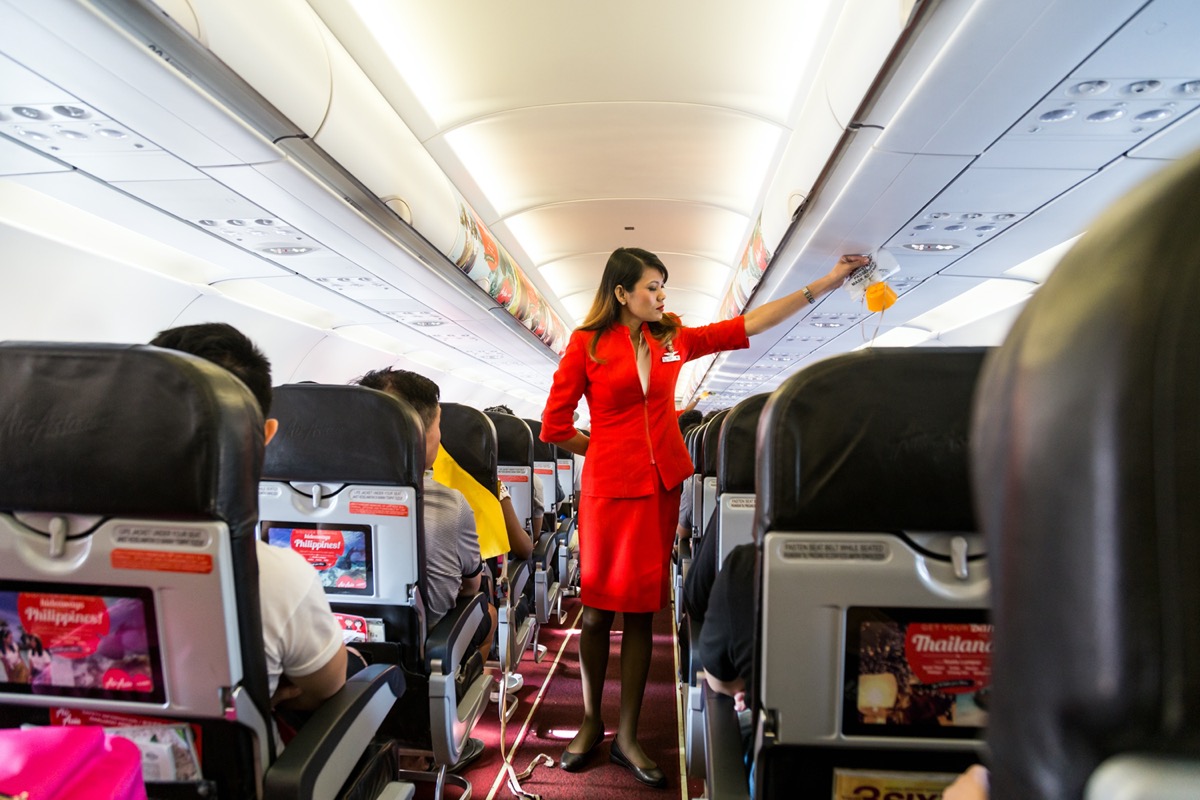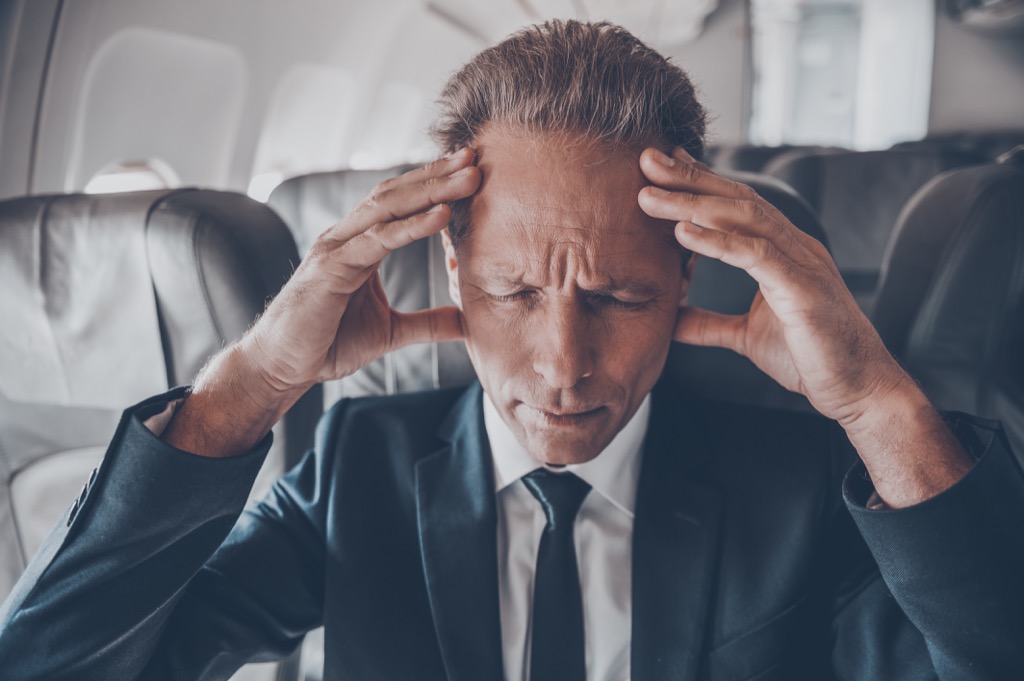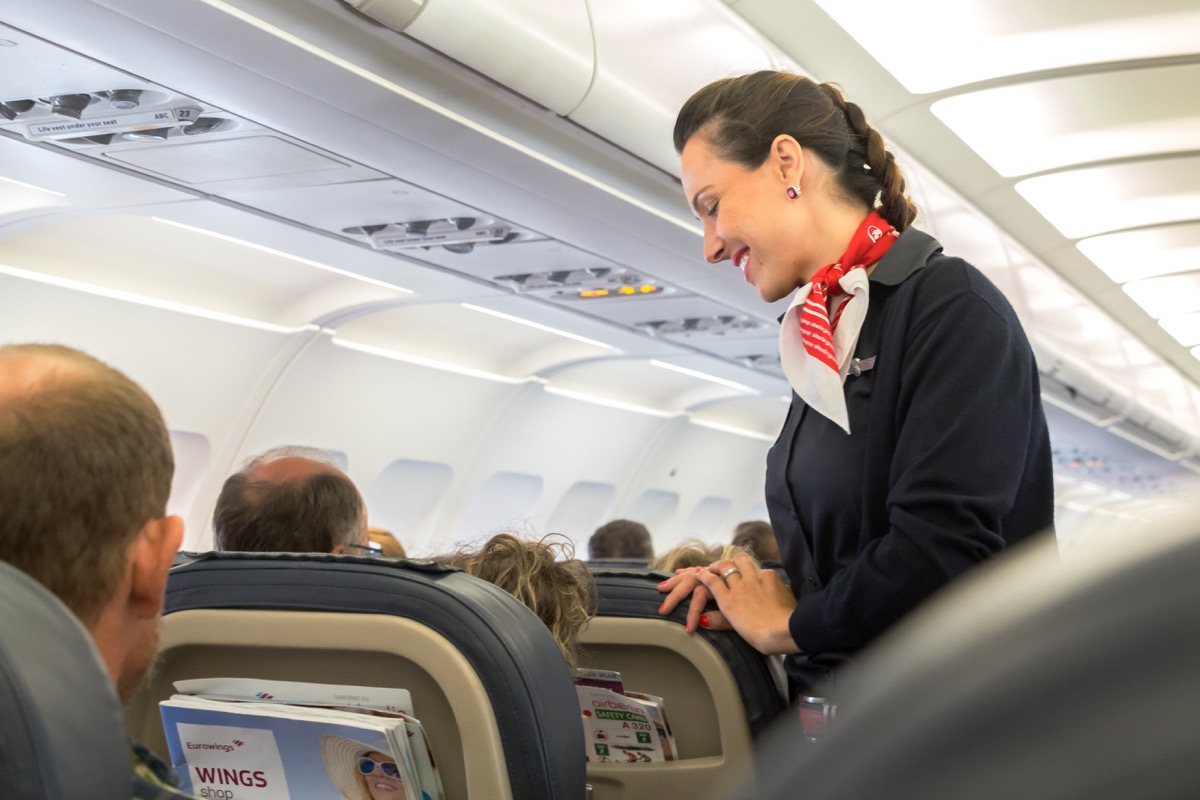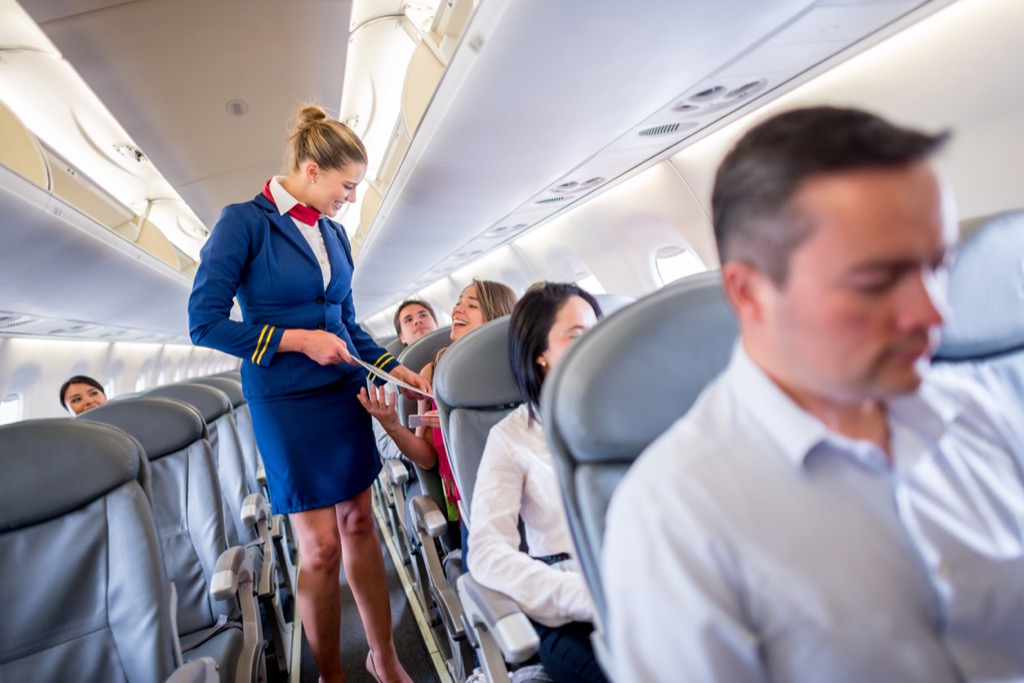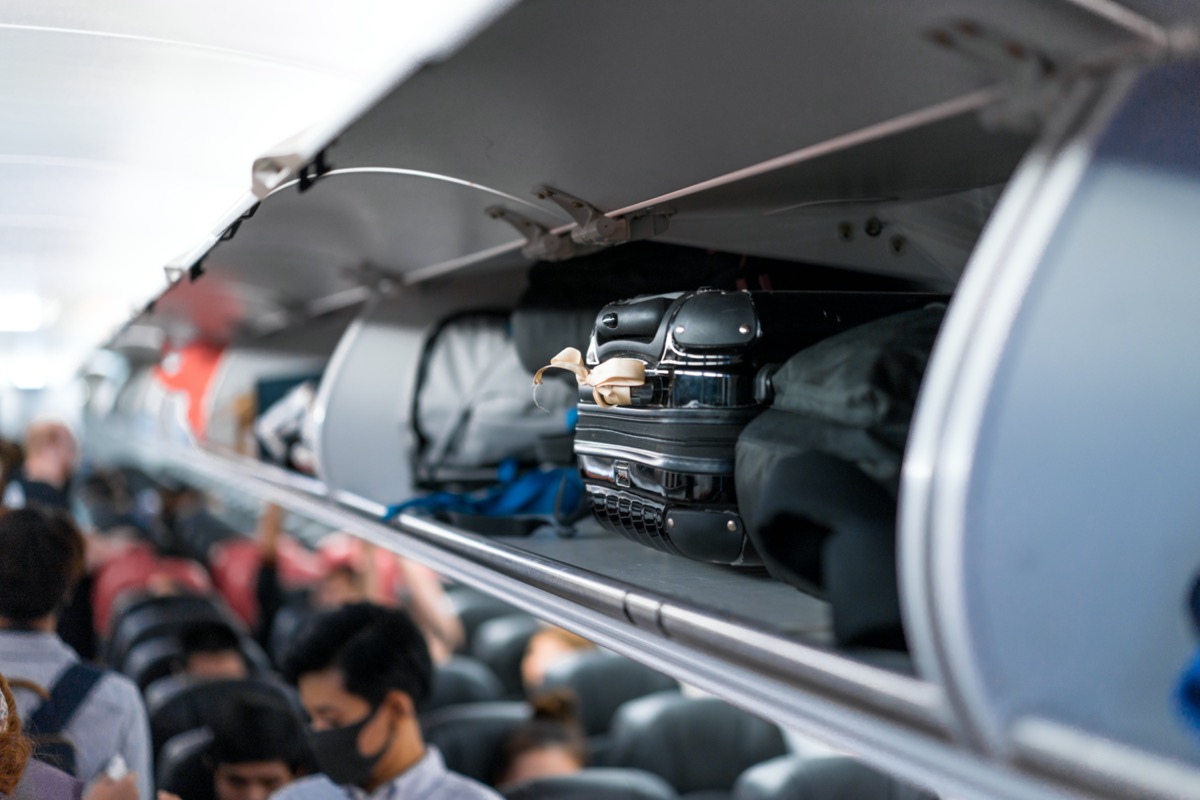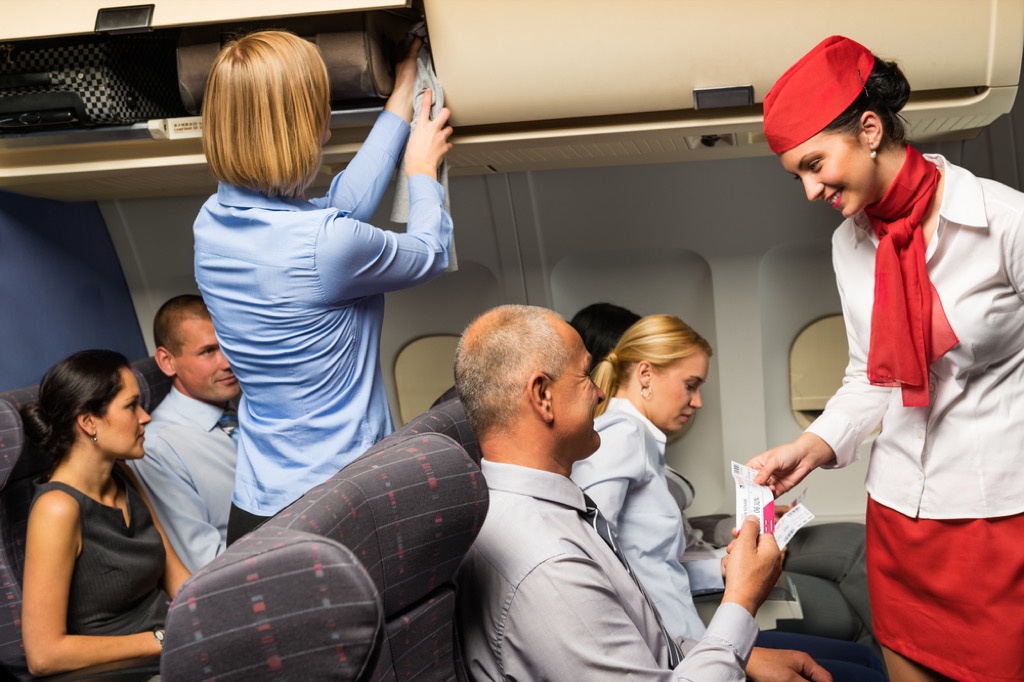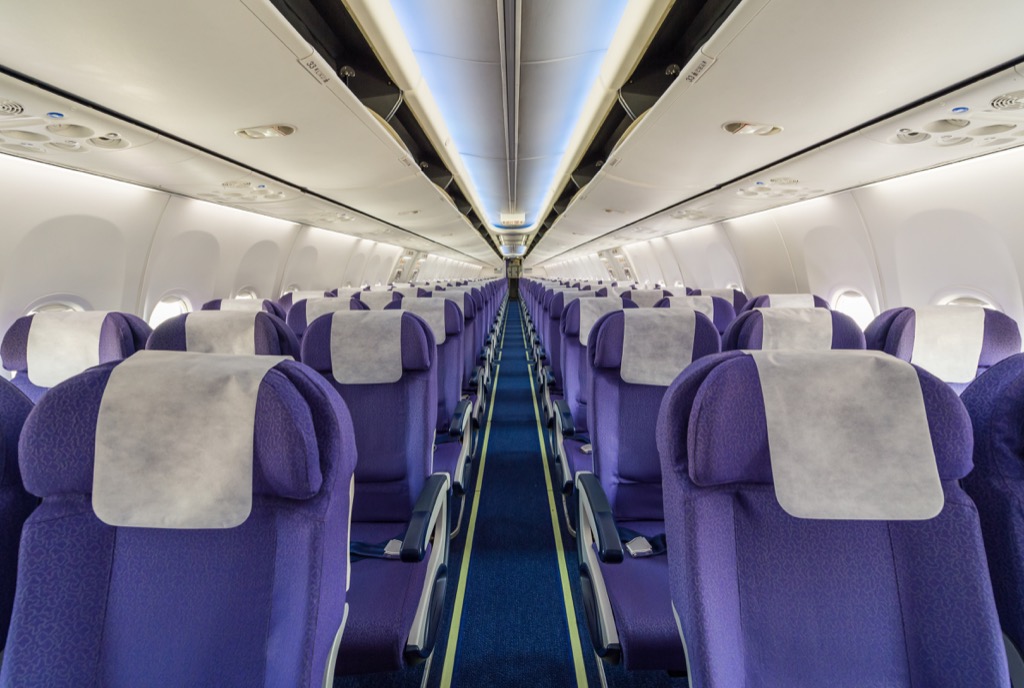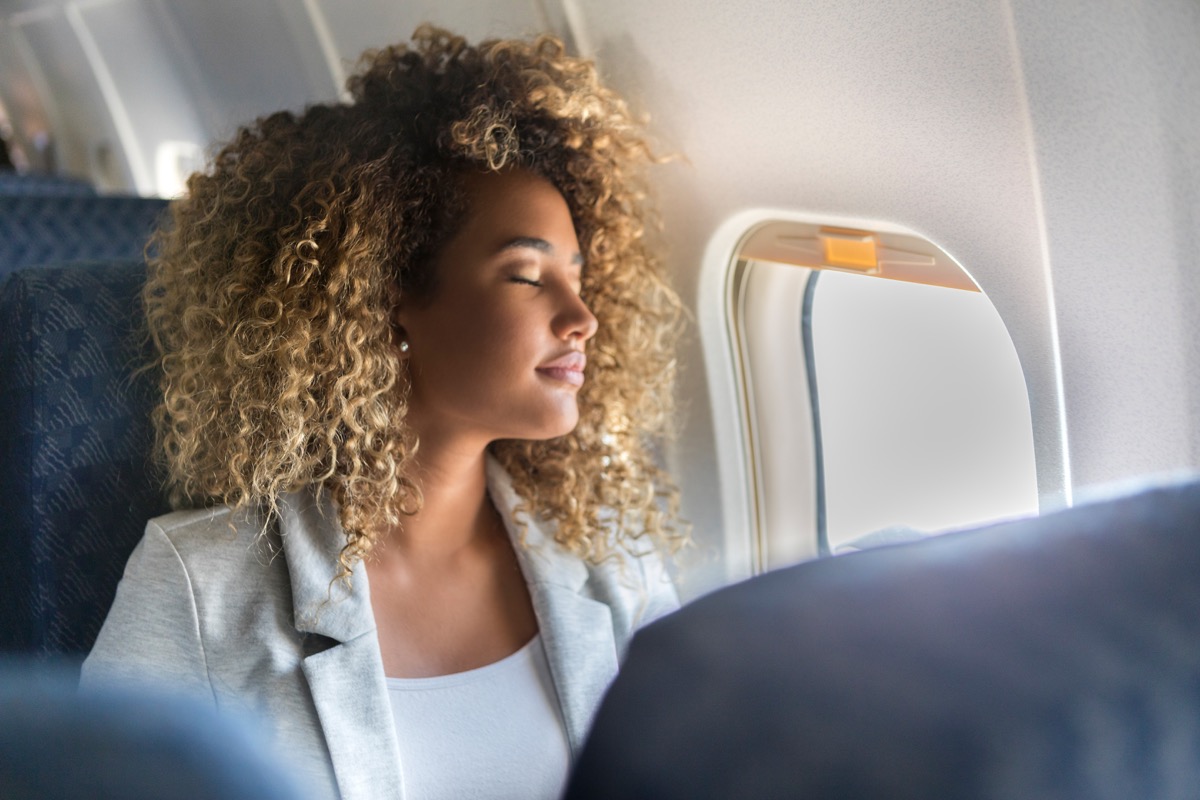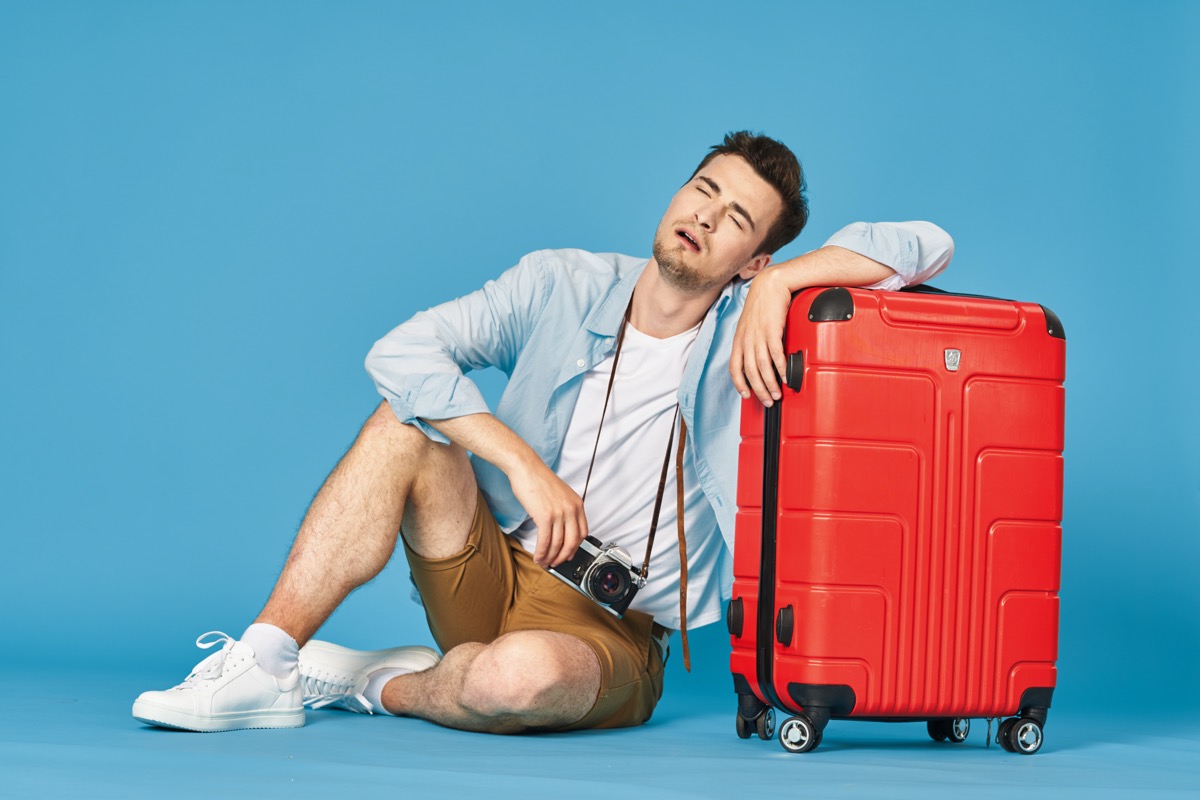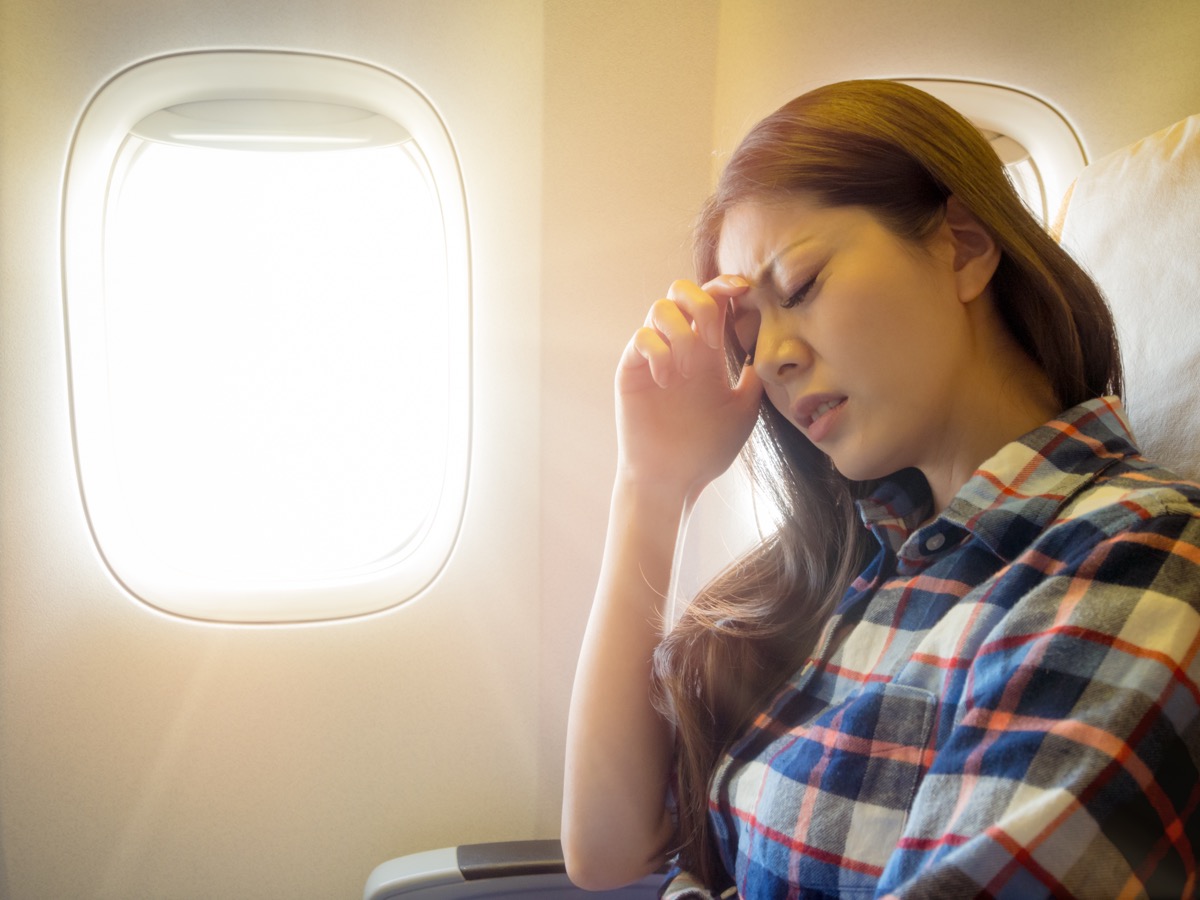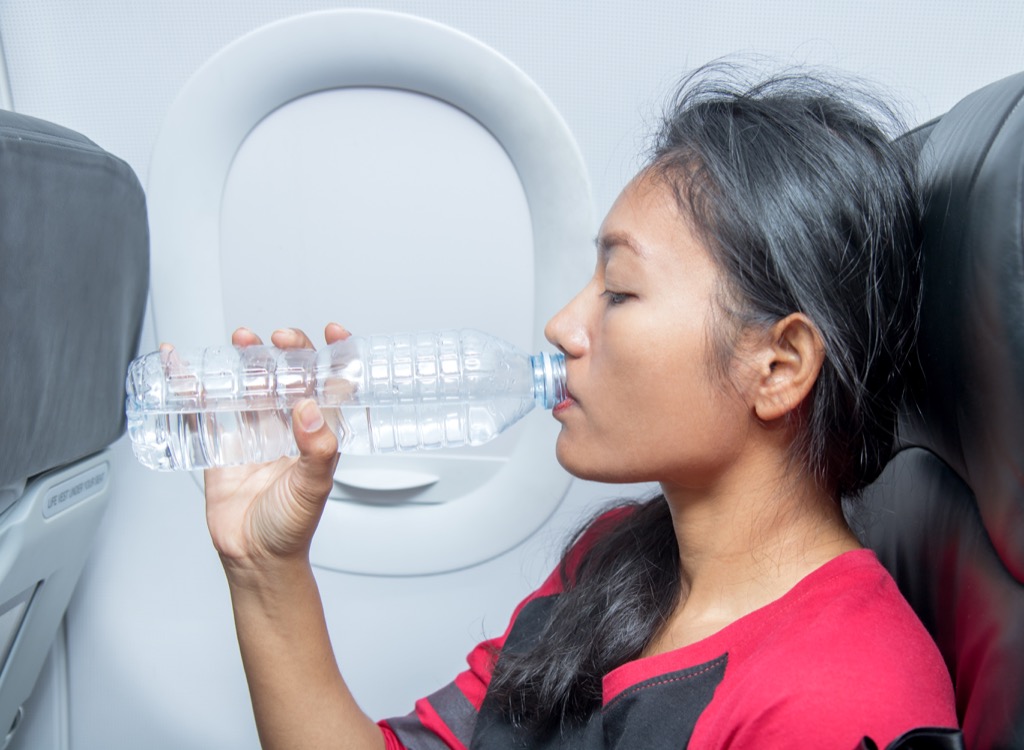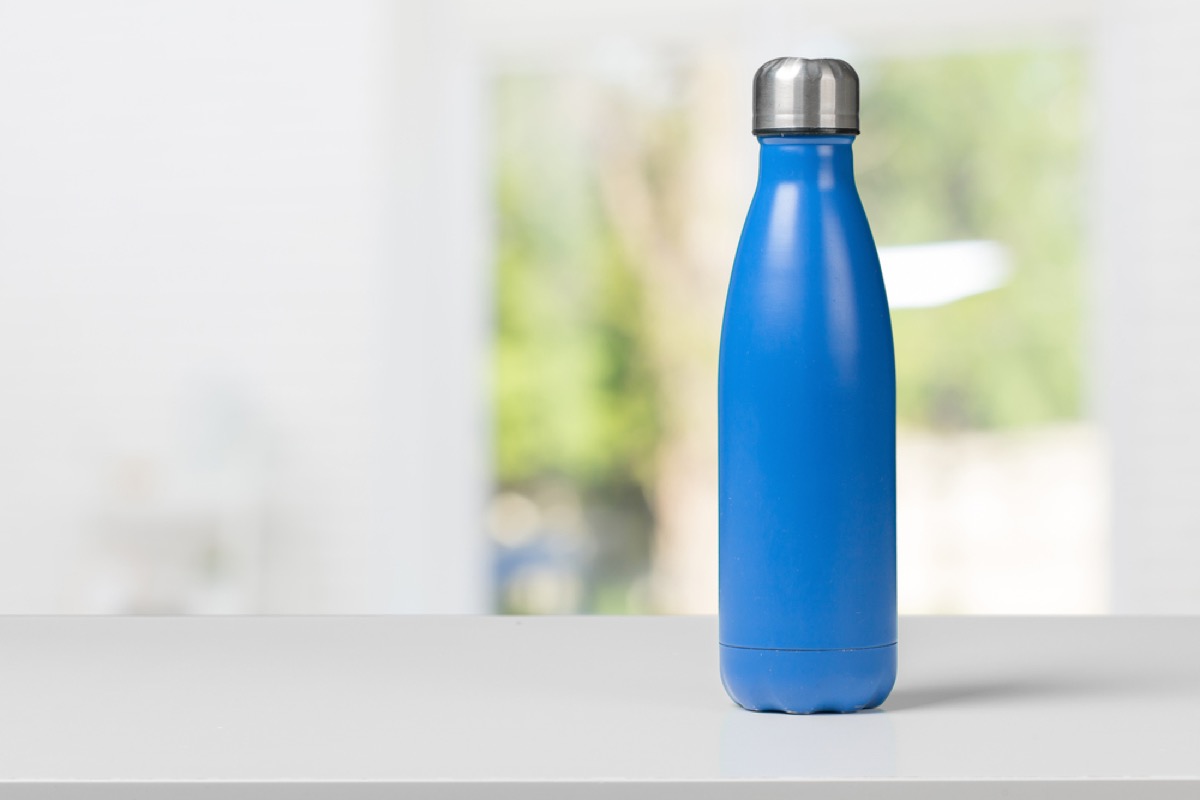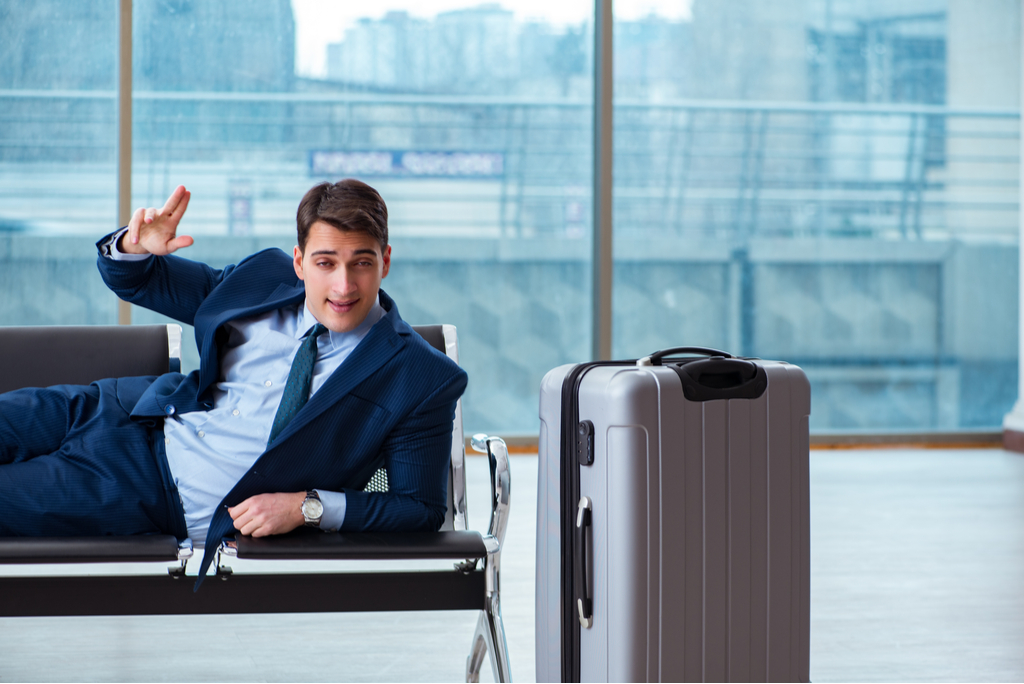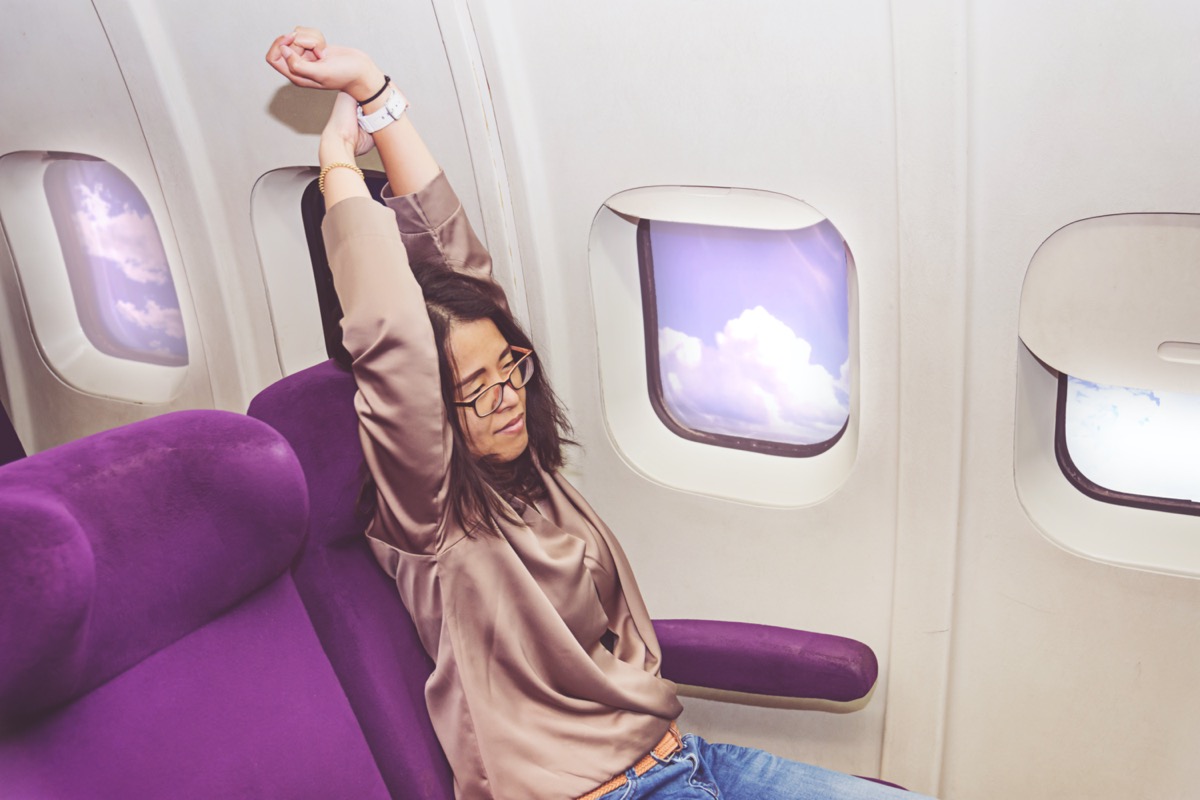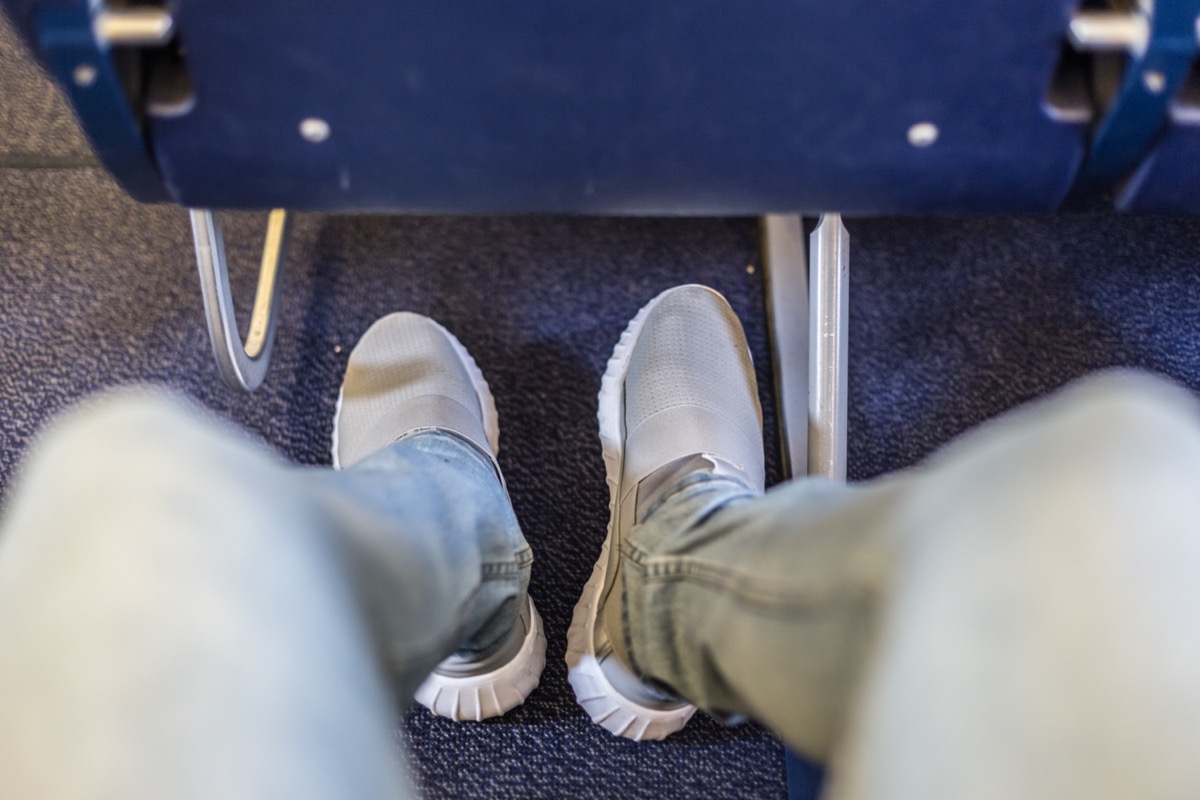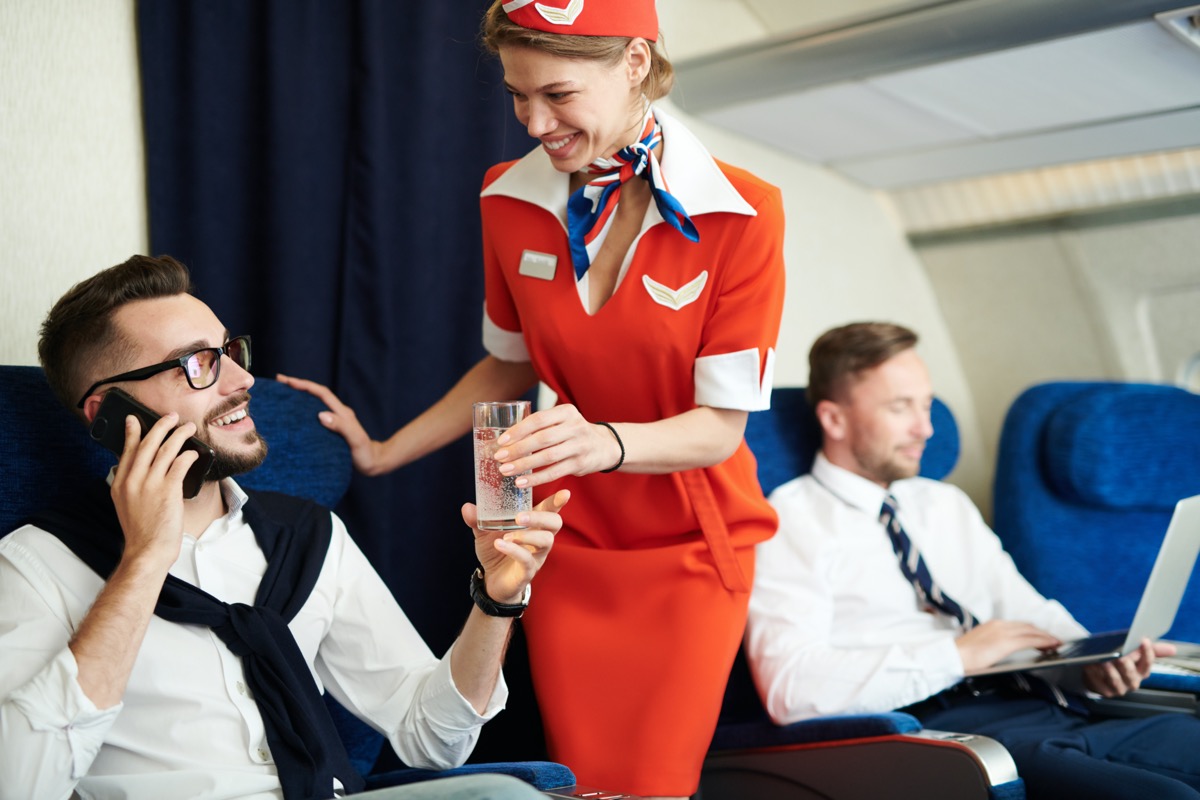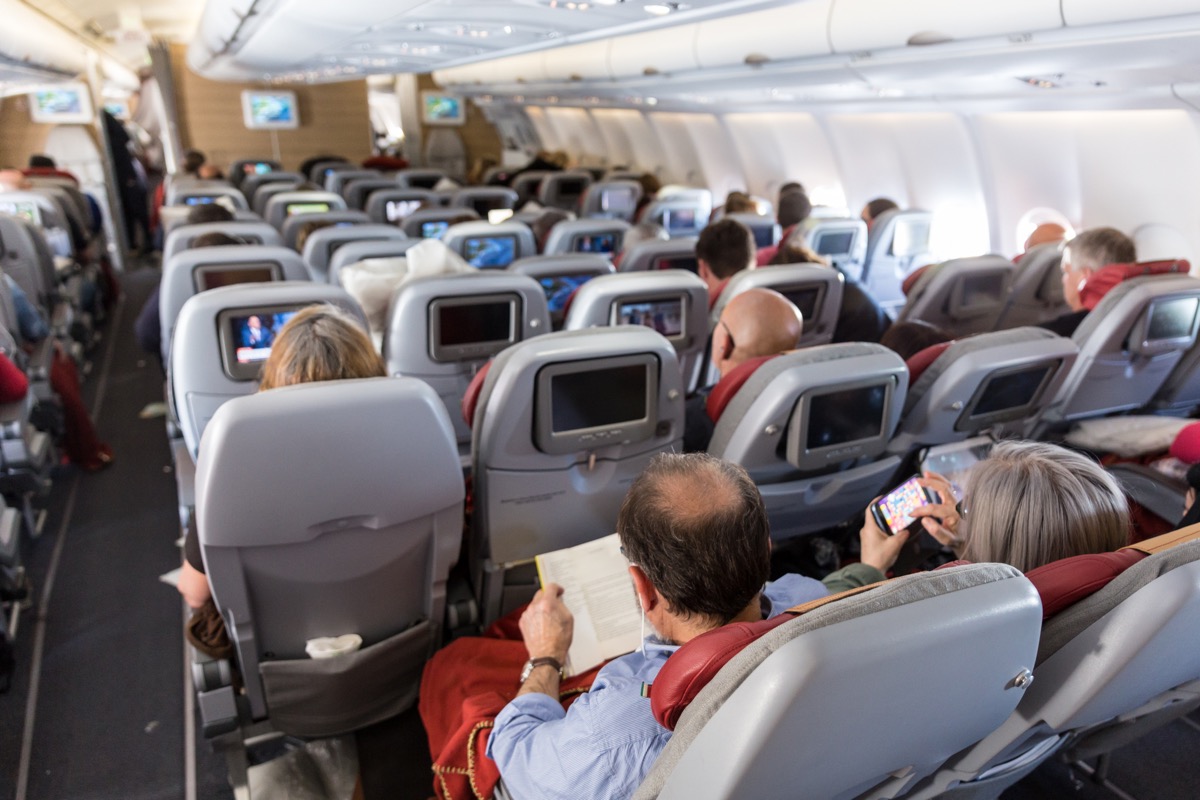The number one responsibility of a flight attendant is your safety. Although many flight attendants go above and beyond when they announce “let us know if there’s anything we can do to make your flight more enjoyable,” that doesn’t warrant treating them as your personal assistant. Author Scott Mautz writes in Inc., “attendants are not room service or housekeeping in the sky.” Whether it’s your first time on a plane or you’re scared of flying, they can help calm you down. According to flight attendant and Reddit user u/gwinny, “I try to give [passengers with extreme fear of flying] as much information about flying as possible. When you know how a plane flies, all the sounds it makes… you are more likely to feel at ease. I explain that turbulence is just potholes in the sky.” Yes, they’re the face of the in-flight crew, but there is a lot happening behind the scenes; don’t expect them to know the most up-to-date information, then get frustrated with them when they can’t answer right away. One flight attendant tells Business Insider, “We know maybe 5 percent of what [the captains] do. We don’t know how bad the weather is, why we are taking a new route, or why we can’t land early. But believe it’s for your safety!” Whether it’s a smile as they pass by or eye contact during the safety instructions, don’t lose acceptable social behavior once you’re buckled in. Mautz compares a flight attendant’s briefing to a work presentation, saying, “if you were presenting in a meeting and the 12 people in front of you visibly weren’t paying attention, how would that make you feel?” The fight for overhead space is a constant battle, especially the further back your boarding group is. Still, even if you spot an opening as you enter the plane, keep moving as this is inconsiderate to other passengers. Pilot Patrick Smith advises, “please do not place your carry-on bags in the first empty bin that you come to. It drives me crazy when I see a guy shoving his 26-inch Tumi into a bin above row 5, then continuing on to his assigned seat in row 52. I know it’s tempting, but this causes the forward bins to fill up quickly. Those seated in the front must now travel backward to stow their belongings, then return upstream, against the flow of traffic, slowing everybody down.” “Nothing is more frustrating than watching someone put a coat in a spot where an entire bag could go and then argue with us about it,” says flight attendant Elisa Williamson. She recommends hanging onto your coat until the flight has boarded. There’s usually somewhere to sneak it in a space that won’t affect the bin’s already limited storage capacity. Freelance writer Katie Gohn McElveen shares advice she received from an attendant, saying “to put that day’s jewelry in a ziplock instead of wearing it.” This tip saves you time and potentially money, as you don’t have to worry about losing jewelry, removing it when going through security, or getting it stuck as your body swells during the flight. Though some airlines charge for assigned seats, the extra money may be worth it for certain passengers. Hawaiian Airlines flight attendant Kaipo Kauka recommends window seats for sleeping, and aisle seats for frequent bathroom users. Kauka also suggests that if you get cold easily, stay away from any door or emergency exit window, explaining how, “these exits allow the outside cold air to seep into the aircraft.” If you’re traveling with a partner, frequent traveler Rameez Ghayas Usmani says flight attendants recommend selecting a window and an aisle seat, leaving the middle seat open. If the flight isn’t full, this can score you three seats together—and if the flight is full, usually the middle passenger will have no problem moving to the window or aisle to allow you to sit together. Usmani says flight attendants advise travelers not to wear shorts since planes are typically cold and there aren’t enough blankets for every passenger (plus, they’re thin). If you’re traveling to a warm destination, pack a pair in your carry-on and change into them at the airport. Usmani says flight attendants also recommend bringing a hoodie or lightweight jacket. With a pressurized cabin, a change in altitude, and smaller seats, it’s not surprising that you don’t feel the best while flying. Even if you’re a frequent flyer who has never experienced a problem, it’s a smart idea to keep key medications on hand like Tylenol and Ibuprofen for headaches or body cramps, any regular medications incase of delays, as well as anti-anxiety medication and antihistamines. Cailey Rizzo writes for Travel + Leisure, “While there is always a first aid kit on board, airline regulations stipulate that flight attendants aren’t even allowed to hand out aspirin.” It’s no secret that flying takes a toll on your body, but Hawaiian Airlines flight attendant Heather Sanchez swears by essential oils to combat jet lag. “I rely on essential oils to refresh my senses and also lavender oil, in particular to ensure a good night’s rest,” she says. But hold the oils on the plane! Though a dab of lavender essence may help you sleep better inflight, the scent can overwhelm your seat partner; be courteous and wait until you check in to spritz your pillow or apply soothing oils to the temples. Yes, drinking water is key to hydrating. According to Condé Nast Traveler, you should be drinking eight ounces of water for every hour you’re in the air. But what about your skin? Williamson reminds passengers to bring a moisturizer for any flight, but especially for the long-haul journeys. Bieke Claes, General Manager of Culture Trip, says she doesn’t get on a plane without her aluminum water bottle: “One attendant thanked me for not only taking good care of myself and my health but also taking care of the environment at the same time.” According to Reddit user u/gwinny, if a passenger shows signs of intoxication, flight attendants are required to deny boarding access. She adds, “the captain has the final say and will often favor the flight attendants in these situations.” Yes, delays are annoying but passengers are not the only ones affected—it’s also a delay for the in-flight crew. “It’s very rare that delays help us as flight attendants. We want to get home after work and we may be missing the last flight out because of that delay,” Williamson says. “If you are someone who stretches in the galley on a two-hour flight, we’re all judging,” Williamson says. She adds, “If it’s a long haul flight we totally get it; five-hour flights [or more] can be really hard, but doing yoga in the galley is always a bit weird. We don’t have much space back there, and it’s a little intrusive.” Instead, Williamson recommends simply walking to stretch your legs.ae0fcc31ae342fd3a1346ebb1f342fcb Almost every flight attendant has the same advice; shoes on! If not for the sake of your fellow passengers and flight attendants, for the safety and sanitation of your own being. A flight attendant told Business Insider, “Please, please, please—stop walking into the restroom barefoot, or even with socks on. Would you ever walk into a public restroom barefoot? No. Thank you, sir, for mopping up the pee on the floor with your socks.” If you decide to bring a trinket for flight attendants (especially around the holidays), do it out of the goodness of your heart as a token of appreciation, not in hopes to get an upgrade or better service. When it comes down to it, remember, you’re sharing a plane with other passengers who easily outnumber the crew. Reddit user u/gwinny says the most annoying passengers are “the ones who are so wrapped up in their own world they forget that they’re traveling with 200 other human beings.” And flight attendants aren’t immune to flight scares; in fact, these are the 23 Things That Totally Horrify Flight Attendants.
